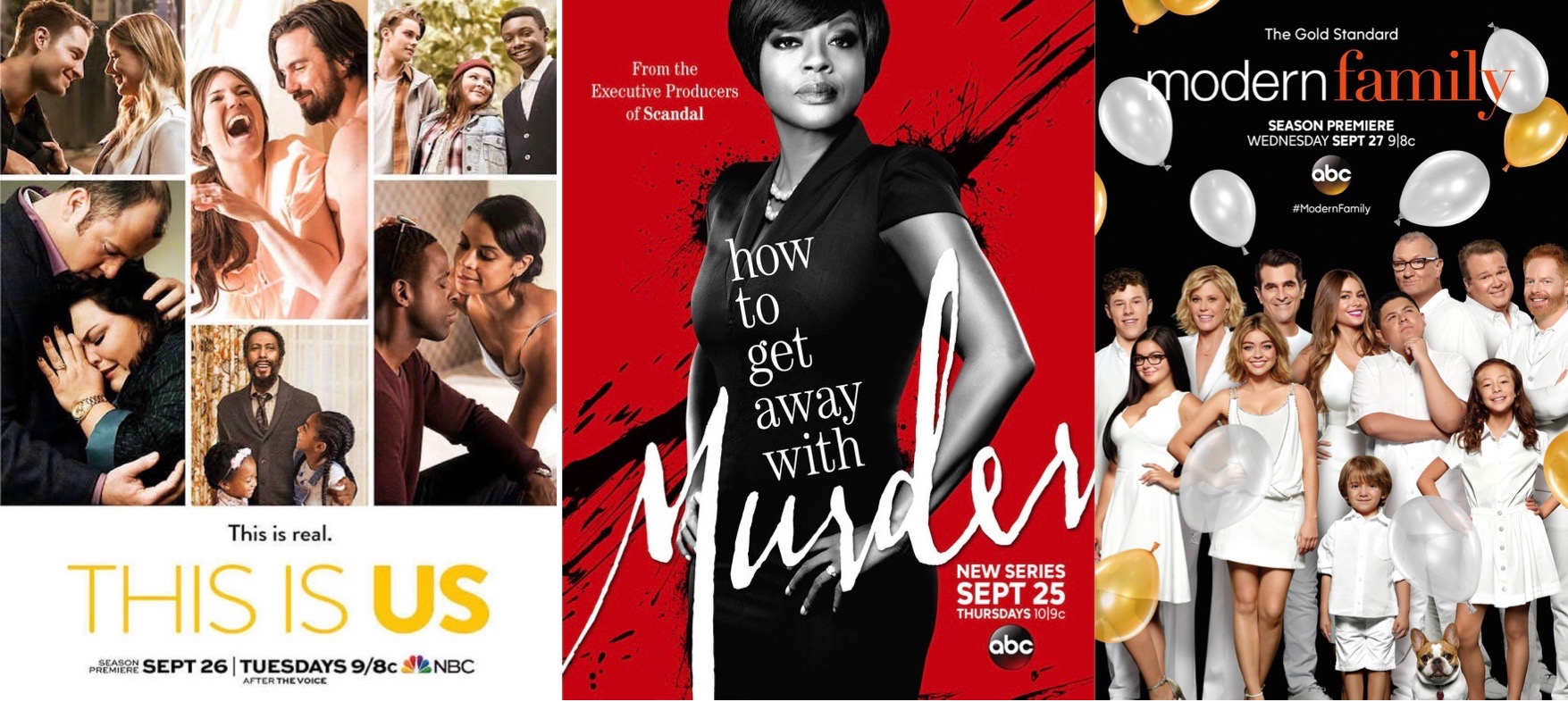
The new seasons of Modern Family, How to Get Away With Murder, This is Us, (the list continues) are finally out, and spirits are high. However, let’s be honest, not all of us have a subscription to Netflix or Hulu, and we aren’t exactly watching these shows on TV as they come out in US time. So, where do all of us watch these shows then? By Torrenting. Torrenting is principally used to download files for free from shady websites, rife with pop-up ads and warnings of fines. To no surprise, these sites are illegal all over the world because of their apparent violation of intellectual privacy and copyright material. Through this article, I hope to somewhat address both sides of this issue so you can be that little bit more informed when choosing to torrent.
For starters, torrenting creates an incredible market for “free” content, at the cost of the producers. Although the appeal of having free and relatively easy access to paid material is understandable, “torrenters” need to understand the fiduciary and legal consequences that can occur from participating in such behaviors. Whenever you choose to download anything from a 3-minute song, 45-minute tv show episode, or a 2-hour movie, it is contributing to the overall 58 billion US dollars that are taken away from the entertainment industry in the US alone per year. While this might seem like a staggering number, many opposers believe that the potential “financial losses” accounted for, simply cannot be considered “lost sales” because these transactions might never have occurred in the first place. For example, if someone wanted to watch the new season of Stranger Things, and simply downloading the season wasn’t an option, instead of this person doling out money for a Netflix subscription, wouldn’t they just choose not to watch it? On the other hand, torrenting a single season of a show to try it out might spur you to invest in a legal program which could, therefore, improve future profits. Similarly, it is equally possible for people to give in and purchase a Netflix or Hulu subscription. Nevertheless, whenever “free” content is being downloaded, it is rarely to the benefit, or immediate benefit, of the content creators.
The risks involved with torrenting are often a concern when using unreliable, unsafe websites. Since torrenting sites are not wholly deemed “lawful,” they are overwhelmed by advertisements, cautions to use VPN, and self-opening windows which explain piracy laws. However, this obfuscation is not even the worst part of the torrenting experience. It is, in fact, the risk of damage to your computer through viruses, malware or a variety of other issues. When downloading from torrent domains, there is no real guarantee that the downloaded file is what the name precisely indicates it to be. It is terrifyingly easy for someone to plant a virus or hack on a popular download and in essence, render many devices useless while culling massive amounts of personal information and data. Some examples of the malware your computers are also prone to are adware, ransomware and even “Rombertik” a form of self-destructing spyware. These might just seem like exaggerated names for harmless things, however, they really aren’t. Adware is responsible for bombarding your computer with advertisements at all times; this might seem irrelevant but after a while, this annoyance will ultimately leave your computer worthless. Ransomware is a form of software that can either threaten to publish all personal information or temporarily block access to it until a ransom is paid. “Rombertik” is a form of spyware, software that retrieves personal information and files without knowledge, which focuses on stealing confidential information by “hooking on” to google, firefox or safari and tracking everything you search. This software has been described as a suicide bomber because it will essentially self-destruct if it has been detected by your computer. Even though there are all of these possibilities, torrenting from a safe source is generally not an issue.
Overall, torrenting is still an illegal behaviour – if you are downloading copyrighted content – with serious consequences if you are caught. Even if there isn’t a high possibility of getting caught or downloading malware which will ruin your computer, it is still the right decision, ethically, to pay for a subscription of Netflix or Hulu.
For more information visit Freakonomics.com.